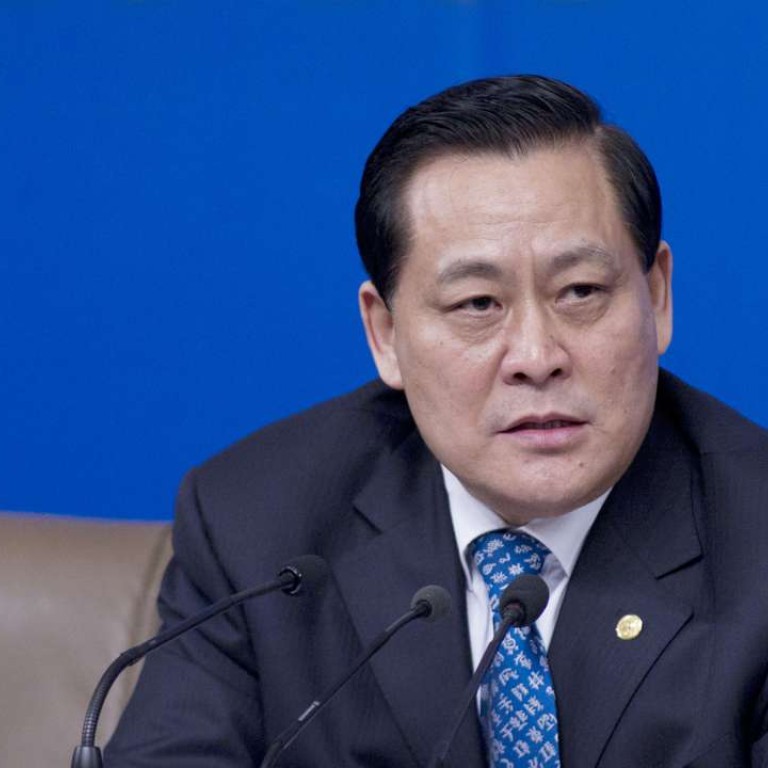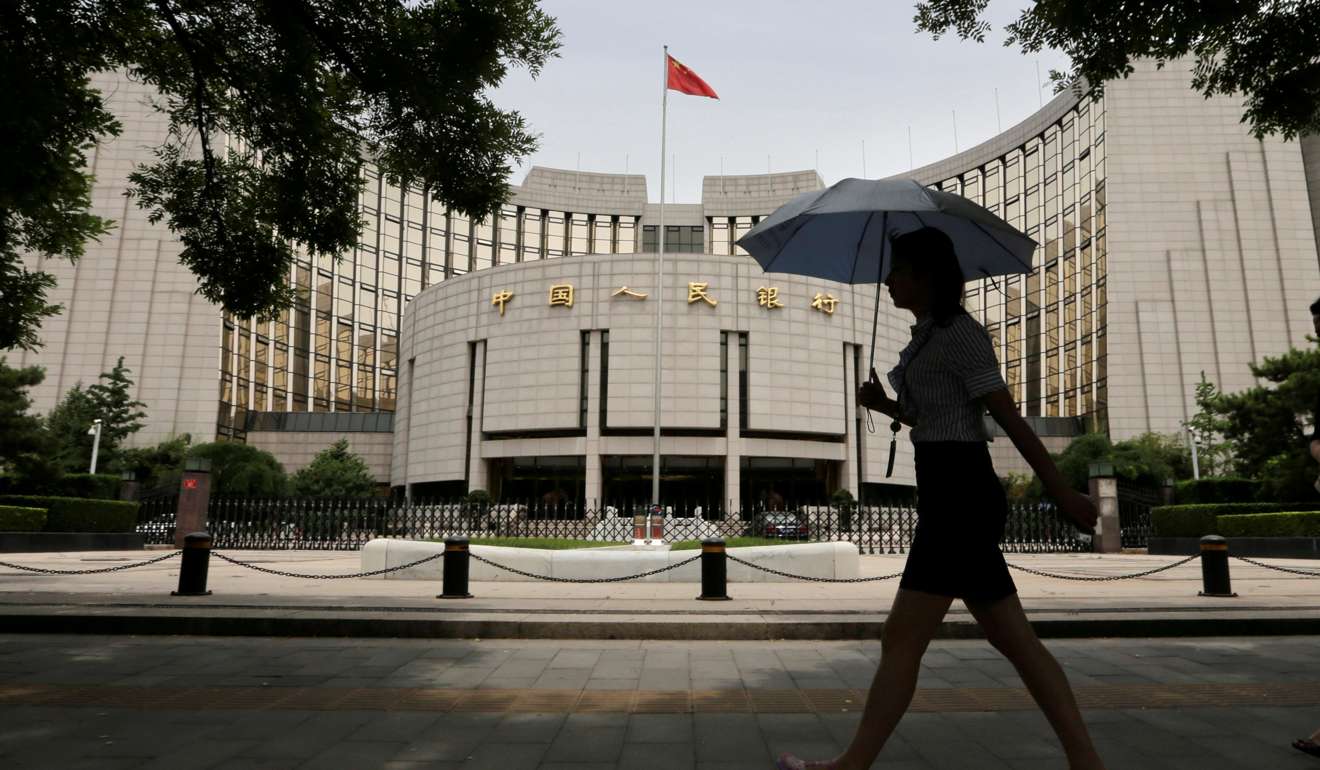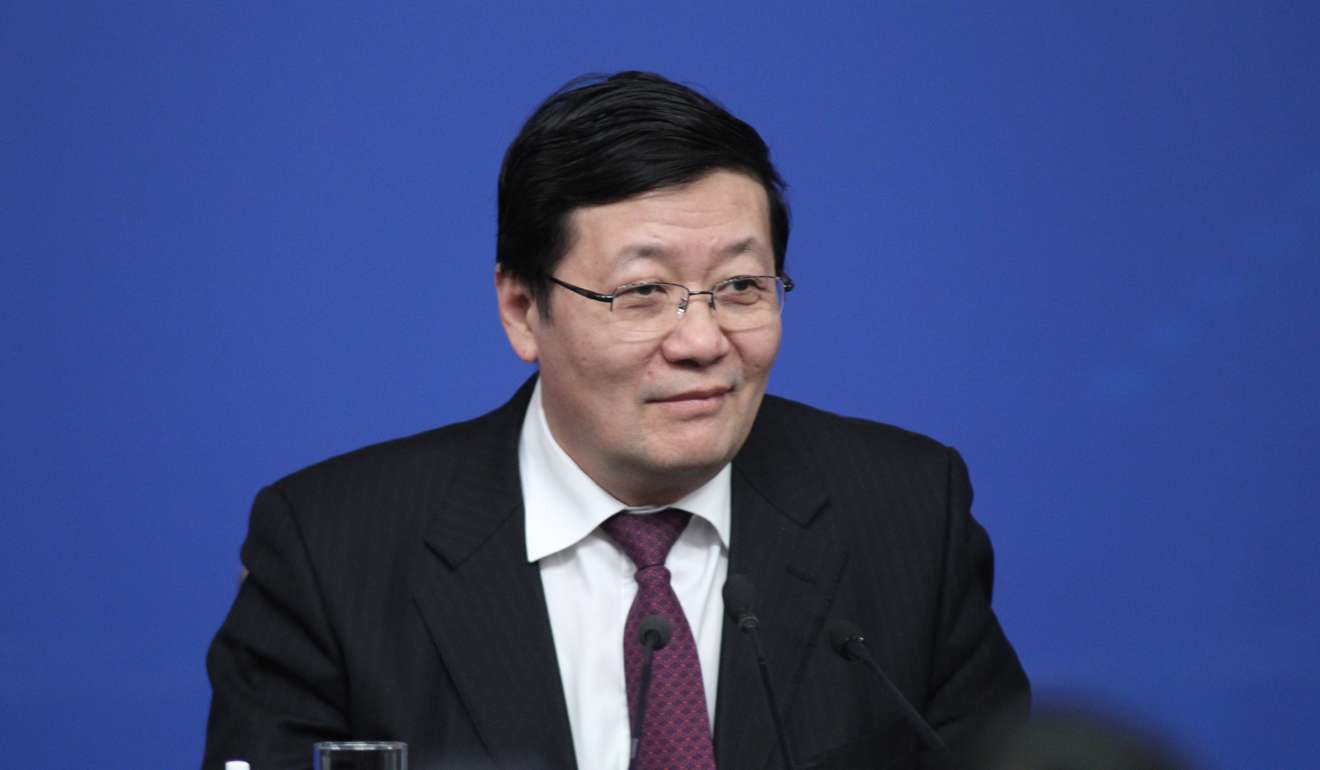
Exclusive | China’s spiralling local government debt still out of control, says outspoken lawmaker
Senior official at the National People’s Congress says efforts to rein in borrowing are more cosmetic than an effective solution to the problem
China’s local government borrowing remains a serious risk to the country’s financial security, according to an outspoken lawmaker.
The warnings from Yin Zhongqing, deputy director of the financial and economic affairs committee at the National People’s Congress, the country’s legislature, came as Beijing is trying to reassure the world that it has largely defused the local government debt bomb after swapping over 8 trillion yuan (US$1.15 trillion) worth of local government debt into bonds.
Yin told the South China Morning Post that China’s approach to address local government debt was more cosmetic than an effective solution to the problem. There are still 17,000 so-called local government financing vehicles or commercial entities controlled by local authorities across the country and every single one is incurring debts that ultimately will be repaid by the government, Yin said.
“Bonds issued by such vehicles, despite being a form of corporate bonds, are just hidden debts of local governments and it’s hard to root out [such borrowings],’ said Yin.
China’s former finance minister, Lou Jiwei, pinned great hopes on these forms of public-private partnerships to raise funds, but Yin said many of the programmes were just “deformed local government borrowings”.
Many local governments are “demolishing the east wall to fix the broken west wall”, Yin said, using a Chinese saying similar to the English expression robbing Peter to pay Paul.
More trouble will emerge if China’s growth slows further or if the central bank refuses to provide easy credit, Yin warned.
The last comprehensive survey of local government debt was carried out by the National Audit Office in 2013. Chinese local governments had 17.9 trillion yuan in debts at the end of June that year.
Faced with a mountain of debt, China has amended its budget law and started to clean up the mess.

He added that a National People’s Congress survey showed that a few provinces have already incurred more debts than their “comprehensive usable fiscal resources” and the problem was much more serious at a municipal and county level.
If a local government’s debt is above 100 per cent of its comprehensive usable fiscal resources, a concept that covers tax revenues, social welfare payment revenues and transfer payments from the central government, it means the government has over borrowed.
The yardstick on debt was designed by the central government, but is frequently ignored.
“Regional fiscal crises already exist,” said Yin. He said a few Chinese cities surveyed by the congress had a debt to fiscal resources ratio of over 400 per cent, a clear sign of technical bankruptcy.
He did not name any of the cities.
“Local government officials never worry about repaying debts, they only worry that no one is lending them money,” said Yin. Part of the reason was that all local governments are part of a centralised authority that will eventually be bailed out.

China needs to revamp its tax system thoroughly, including giving local governments more reliable revenue sources to address the local government borrowing problem, said Yin.
He added that a property tax could help provide one reliable revenue source for local authorities.
“Local governments don’t have big tax revenues … but they have a long list of expenditure items,” he said.
The finance ministry issued notices earlier this year, criticising a few irregular local government borrowings, according to people who have seen the internal documents.
In one case, the government-controlled labour union in Zoucheng in Shandong province raised 800 million yuan from its members and then gave the money to the Shandong International Trust and Investment Corp to lend to a financial vehicle controlled by the city government. The money was immediately used in local urban development and the repayment of the funds were guaranteed by the city’s fiscal revenues.
China’s Finance Minister Xiao Jie said at a press conference on Tuesday that the central fiscal authority would continue to crack down on irregular borrowing by local governments. He also played down local government debt risks, saying overall they were under control and claimed there was “relatively large room” for the Chinese government to borrow.
“The cake of the Chinese economy will become bigger and bigger, so will China’s fiscal revenues,” said Xiao. “That will offer fundamental support for China to repay debts.”

